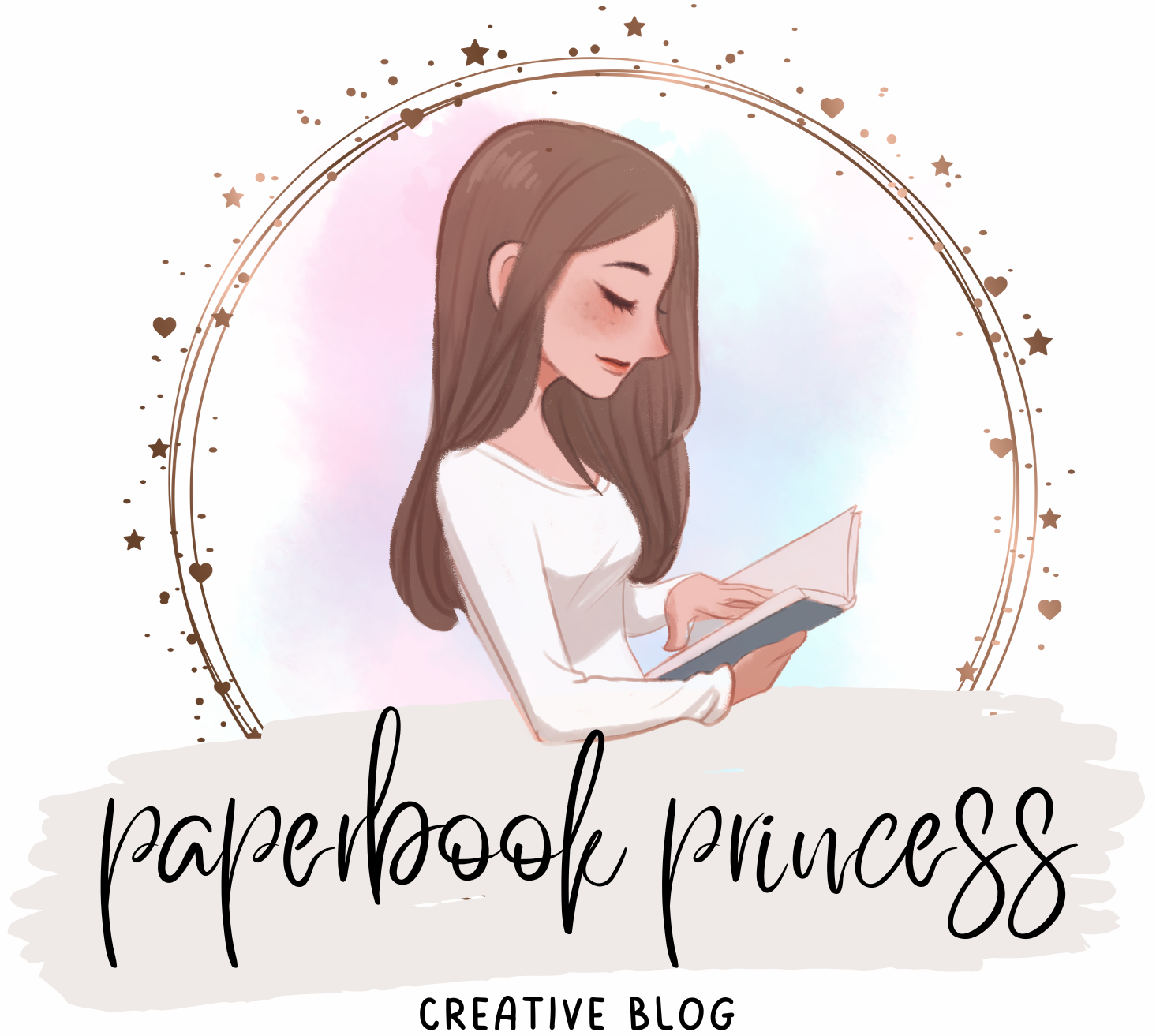
Is Music Good for You? Exploring the Health Benefits of Listening to Music
Music is a universal language that resonates with many, influencing emotions and thoughts across cultures. Research shows that music can enhance mood, reduce stress, and even improve cognitive functions. With its ability to evoke powerful feelings, music has earned a spot as a vital component of everyday life for numerous individuals.
Engaging with music, whether through listening or playing an instrument, can lead to various health benefits. From decreasing anxiety levels to promoting social interaction, the effects of music can be both profound and far-reaching. For those curious about how music impacts well-being, exploring its effects can reveal insights that motivate a deeper appreciation of this art form.
As people navigate their daily routines, the role of music continues to evolve, intertwining with work, leisure, and even therapy. Understanding its impact on health can encourage a more intentional approach to incorporating music into one’s life.
The Science of Music and Wellness
Research indicates that music can profoundly impact various aspects of wellness, including psychological states, physical health, and cognitive function. The integration of music into daily life offers several benefits supported by scientific findings.
Psychological Effects of Music
Music actively influences emotions and mood. Studies show that listening to preferred music can elevate mood by releasing dopamine, a neurotransmitter associated with pleasure.
Participating in musical activities, such as playing an instrument or singing, can reduce anxiety and stress levels. Music has been found to lower cortisol levels, which helps in managing stress.
Moreover, specific genres, like classical or ambient music, have been linked to relaxation and tranquility, allowing individuals to achieve better mental states.
You will find that if you go to a spa, they will play this type of music to help soothe their customers. A Hot Stone Massage in Spanish Fort, AL (or wherever you are based) will add to that relaxation and keep you feeling calm.
Physical Health Benefits
Engaging with music is associated with remarkable physical health benefits. Research has indicated that music can improve heart rate and circulation. Listening to upbeat music while exercising tends to enhance performance and endurance.
Additionally, studies show that music can help in pain management. It reduces perceived pain levels during medical procedures or chronic conditions.
Incorporating music in rehabilitation settings facilitates improved mobility and physical function among patients, proving its versatility beyond entertainment.
Cognitive Advancement Through Music
Learning and engaging with music promotes cognitive development. Musical training has shown significant improvements in memory, attention, and problem-solving skills.
Children involved in music education often demonstrate enhanced academic performance, particularly in mathematics and languages. Listening to music can also aid in concentration, especially in tasks requiring focus.
Research suggests that the brain’s plasticity allows it to adapt positively to musical stimuli, leading to enhanced neural connections and cognitive flexibility.
Music Therapy and Mental Health
Music therapy has emerged as an effective intervention for various mental health conditions. Professional therapists use music to address the emotional, cognitive, and social needs of individuals.
It has shown efficacy in treating depression, anxiety, and PTSD. Patients engaged in music therapy often report reduced symptoms and improved emotional well-being.
Furthermore, group music therapy sessions can foster social connections, combating feelings of isolation and loneliness. The structured musical activities encourage communication, enhancing interpersonal relationships.
Cultural Perspectives on Music
Music plays a vital role in daily life and has been historically used for healing across various cultures. These aspects reflect the significance of music beyond entertainment, showcasing its influence on well-being and community.
Music in Daily Life
In many cultures, music is integral to rituals, celebrations, and communal gatherings. It serves as a means of expression, facilitating social connections and shared experiences. For instance, in African cultures, drumming and singing accompany communal events, highlighting collective identity.
In Western cultures, music often accompanies everyday activities. Background music in cafes and shops shapes ambiance. Additionally, individuals curate playlists for personal reflection and motivation, demonstrating music’s role in daily emotional management.
Historical Use of Music for Healing
Throughout history, music has been used therapeutically in various cultures. In ancient Greece, philosophers like Plato and Aristotle recognized music’s ability to influence mood and health. They believed that harmonious melodies could restore balance and promote emotional well-being.
In Indigenous cultures, music is often employed in healing ceremonies. Songs and chants are used to invoke spiritual connections, facilitating recovery and harmony. Research in modern times supports these traditional practices, indicating that music therapy can effectively alleviate stress and enhance mental health.
Personal Development and Music
Music plays a significant role in personal development, influencing emotional intelligence, fostering creativity, and serving as an effective learning tool. Engaging with music can lead to profound growth and self-awareness.
Music and Emotional Intelligence
Listening to and creating music can enhance emotional intelligence. It allows individuals to connect with their own emotions and recognize those of others.
- Mood Regulation: Music can influence mood and help in managing stress.
- Empathy Development: Engaging with diverse genres exposes listeners to various perspectives, nurturing empathy.
- Communication Skills: Participating in music activities, like group performances, strengthens verbal and non-verbal communication.
For example, studies have shown that people who regularly engage with music exhibit higher levels of empathy, aiding in personal relationships and professional interactions.
Creative Expression Through Music
Music serves as a powerful outlet for creative expression. It allows individuals to articulate thoughts and feelings that might be difficult to convey with words.
- Inspiration and Innovation: Creating music can spark innovative thinking and problem-solving.
- Cultural Connection: Different musical genres reflect diverse cultures, encouraging appreciation and understanding of different backgrounds.
- Personal Identity: Composing or performing music can help individuals understand and express their identities.
Engaging in music-making can enhance self-esteem and self-discovery as individuals explore their unique artistic voices.
Music as a Learning Tool
Music can be an effective learning tool across various disciplines.
- Memory Aid: Employing melodies to remember information enhances recall.
- Language Skills: Songs can improve language acquisition by providing context and rhythm, making learning enjoyable.
- Cognitive Development: Studies indicate musical training can enhance attention, concentration, and overall cognitive functioning.
In educational settings, integrating music can lead to a richer and more engaging learning experience, benefiting students academically and personally.
Social Dynamics and Music
Music plays a significant role in shaping social interactions and community ties. It fosters connection and can be a catalyst for collective action and cultural identity.
Music for Social Bonding
Music contributes to social bonding by providing a common experience for individuals. It enhances communication among people and can promote feelings of belonging.
Group Activities:
- Singing in choirs or participating in dance can solidify relationships.
- Attending concerts creates shared moments that deepen connections.
Studies indicate that engaging in music together can release oxytocin, a hormone linked to bonding. This physiological response highlights how music can strengthen social ties and improve empathy among individuals.
Community and Music-Inspired Movements
Communities often rally around music to inspire social change or promote unity. Historical movements have utilized music as a tool for expression and mobilization.
Examples of Impact:
- Protest songs often articulate common grievances and motivate collective action.
- Festivals and cultural events can revive community spirit and promote local identity.
Music aids in organizing social movements by uniting diverse groups under a shared anthem or message. This collective experience enhances solidarity and motivates individuals to engage actively in societal issues.
Risks and Considerations
While music has many benefits, it can also pose risks and warrant careful consideration. Understanding these factors can help individuals enjoy music more safely and effectively.
Negative Effects of Music
Excessive volume can lead to hearing damage or loss. Listening to music at high decibel levels, especially through headphones, increases the risk of permanent auditory issues. The World Health Organization recommends keeping volume levels below 85 decibels for safe listening.
Additionally, certain music genres can evoke strong emotional responses. For example, listening to melancholic or aggressive music might amplify feelings of sadness or anxiety in some listeners. It is essential to recognize personal triggers within music selections.
Finally, excessive music consumption can lead to social withdrawal. Individuals may isolate themselves, preferring to listen to music rather than engage in interactions or activities. This could hinder social skills and affect mental well-being.
Safe Listening Practices
To enjoy music safely, individuals should monitor volume levels. Using apps to track decibel exposure can help maintain safe listening habits. Taking regular breaks from headphones will also mitigate the risk of auditory fatigue.
Choosing music thoughtfully is another vital practice. Playlists should include uplifting or calming tracks, especially during stressful times. Substituting music with engaging conversations or activities can improve social interactions.
Creating a balanced listening environment is key. Individuals should try to limit time spent on music platforms and mix in other hobbies or interests. This balance can enhance overall well-being and prevent feelings of dependency on music for emotional regulation.





